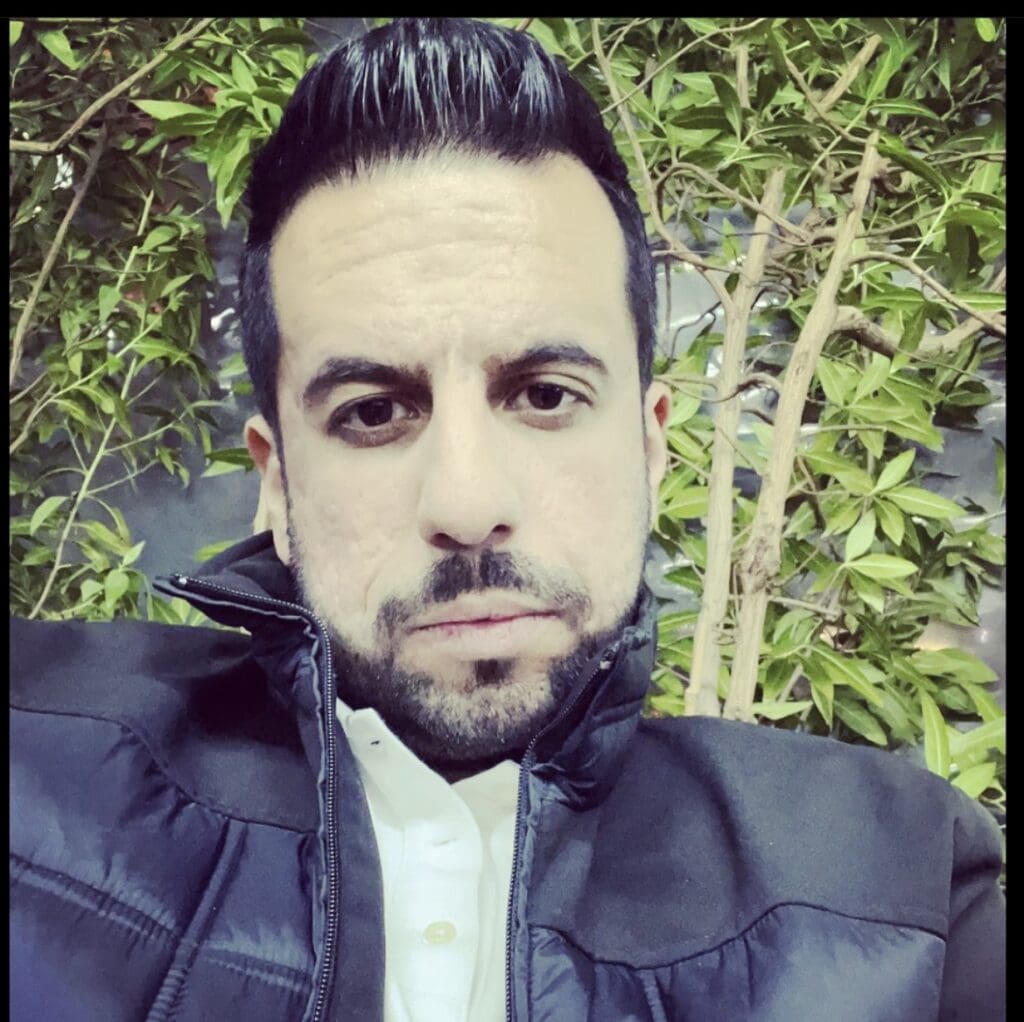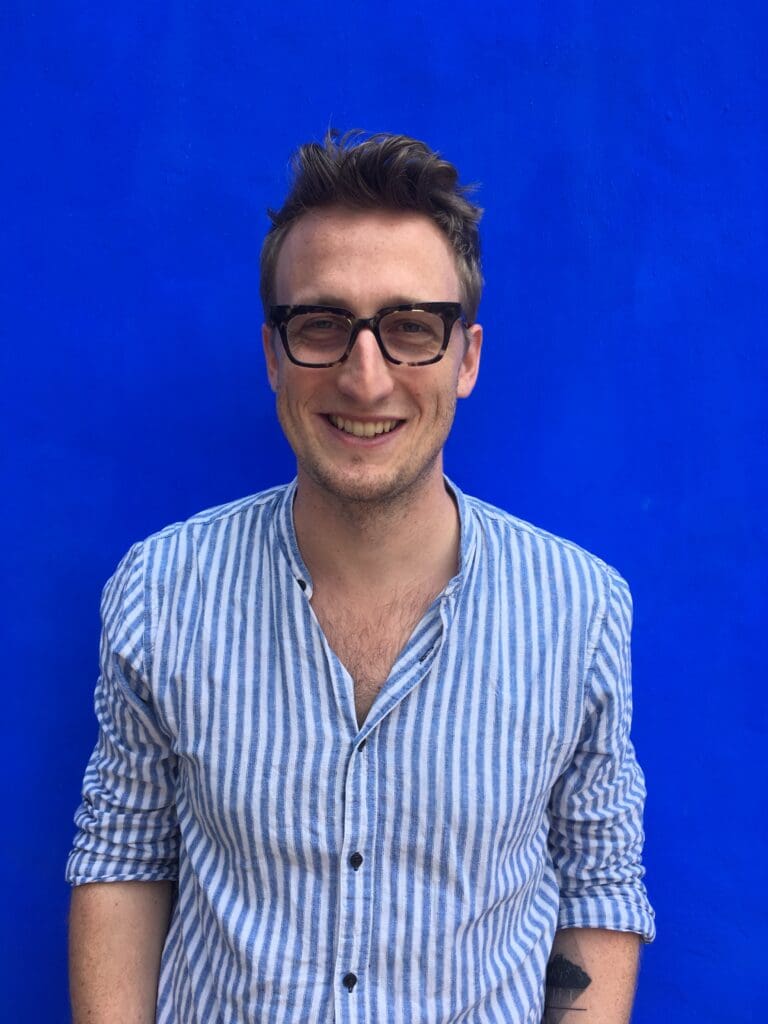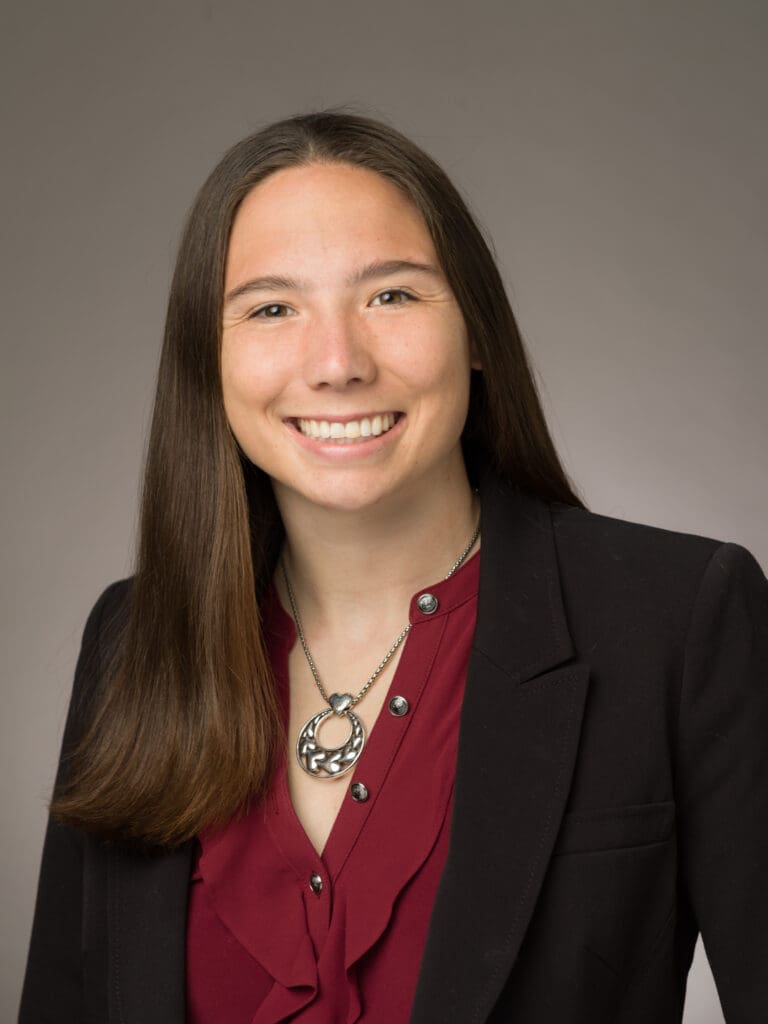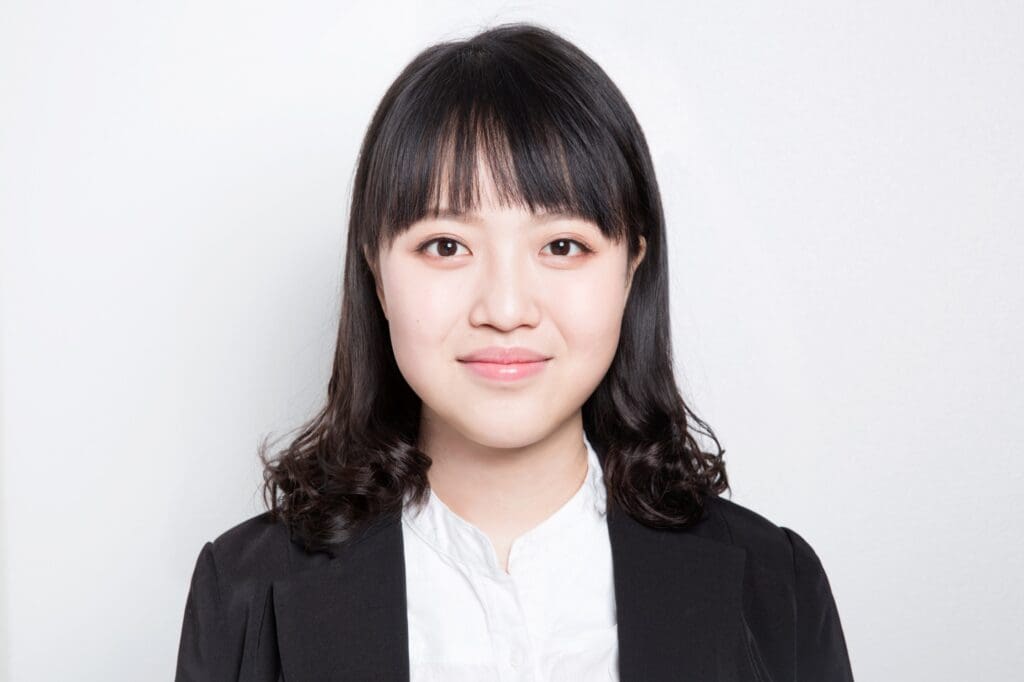School of Journalism & Media welcomes four new faculty members
The School of Journalism and Media will welcome four new faculty members this fall.
Joining the team are Assistant Professors Ahmad Hayat, Martin J. Riedl, Shannon Scovel and Shiyu Yang. Interim Director of the School of Journalism and Media Courtney Childers said she is excited to welcome each of them to the school.
“We are so excited to have them join our team,” Childers said. “Their expertise will only elevate the quality instruction and hands-on opportunities students have with us from day one.”
Ahmad Hayat

A former Kuwait TV producer and script analyst for Hollywood movie studios Eclectic Pictures and The Hideaway Entertainment, Hayat will teach JREM 220 Scriptwriting for Creative Works. This course introduces students to creative scriptwriting for broadcast/cable television productions or streaming services and copywriting for commercials.
During his tenure at Kuwait TV, Hayat produced two primetime shows, The Judge Who Executed Saddam (2010) and Kuwait The Light of The Eyes (2011). Hayat won a recognition award for The Judge Who Executed Saddam and both shows generated high ratings and positive reviews for their subject, style, and cultural significance.
Hayat also annually publishes and reviews articles for reputable academic journals. His research focuses on the representation of gender and class in media. He also investigates the storytelling procedures of diverse media institutions, the particularities impacting the commissioning process of TV shows, and the overall development of media products.
“I am very excited to join a department full of extraordinary faculty members and state-of-the-art facilities,” Hayat said. “The School of Journalism and Media offers exceptional programs and growth opportunities for faculty and students. It is a distinct school that I once dreamed of joining as a student. Fortunately, I will be teaching and researching here with great colleagues and students.”
Martin Riedl

Riedl will teach practical skills for media marketing, promotions, and copywriting as part of JREM 320 Media Marketing and Promotions this fall. In addition, students will learn strategies for reaching target viewers and listeners based on audience ratings and share, demographics, and affinity to programs.
He will also teach JREM 441 Entrepreneurship in Journalism and Media , where students will be introduced to fundamental entrepreneurial principles, with a focus on media companies.
Riedl received his doctorate in journalism and media from the University of Texas at Austin, where he also completed a postdoctoral fellowship at the Center for Media Engagement. He has a master’s in media management from Hanover University of Music, Drama, and Media, and a master’s in social sciences from Humboldt University of Berlin.
His research investigates platform governance and content moderation, digital journalism, and the spread of false and misleading information on social media. His work has been published in venues such as New Media & Society, Information, Communication & Society, Digital Journalism, and Computers in Human Behavior. He is also the co-editor of Social Media + Society.
“I chose to come to the School of Journalism and Media at the University of Tennessee both for the warmth and welcome offered by future colleagues, as well as the academic rigor of the department,” Riedl said. “Preparing students to thrive in leadership roles across the media landscape excites me, and I’m looking forward to teaching media management and entrepreneurship classes to set students up for success.”
Shannon Scovel

Scovel’s interest in sports media is informed by her experience as a Division I swimmer at American University, where she earned her bachelor’s degree in journalism before completing her master’s degree in gender studies at the University of Stirling on a Fulbright scholarship.
Scovel earned her doctorate in journalism studies from the University of Maryland in 2023 and wrote her doctoral dissertation on the self-representation of women college athletes in the age of “name, image and likeness.”
She will teach JREM 375 Sports Reporting Across the Media, an introductory course in gathering, writing, and presenting sports news in a variety of formats, including print, photography, radio, television, and the web.
Additionally, Scovel works as a college wrestling freelance reporter for NCAA.com, and her byline has also appeared in Sports Illustrated, Yahoo Sports and USA Today.
“Working at the University of Tennessee is a dream come true. I’ve long admired the research produced by the faculty within the School of Journalism and Media, and I’m thrilled about the opportunity to join a team of such passionate, innovative scholars,” Scovel said. “Dr. Erin Whiteside and Dr. Guy Harrison in particular have done an incredible job building up the sport communication concentration within the school—I look forward to adding to this great tradition of success.”
Shiyu Yang

Yang’s research and teaching interests centers on science, health, environmental, and risk communication, visual communication, and digital media.
In the fall, Yang will teach JREM 455 Media, Health and Science, which examines how and why media construct health and medicine in the ways that they do and how audiences process those messages.
Yang’s research focuses on public opinion dynamics related to controversial scientific issues and emerging technologies. She is particularly interested in understanding how new media technologies and artificial intelligence are reshaping the ways people communicate in today’s algorithmically infused information environments, and how they can effectively connect with diverse audiences on important issues in science and democratic society.
Yang received her doctorate in mass communications from the University of Wisconsin-Madison, where she also earned her master’s in computer sciences.
“Getting this appointment means that I will be able to work with world-class colleagues and students in a vibrant intellectual atmosphere,” Yang said. “Working at the University of Tennessee, Knoxville, a large land-grant university, also means that I will be able to continue research and teaching on science communication, as well as service, in a way that generates positive impacts on local communities and the larger society.”